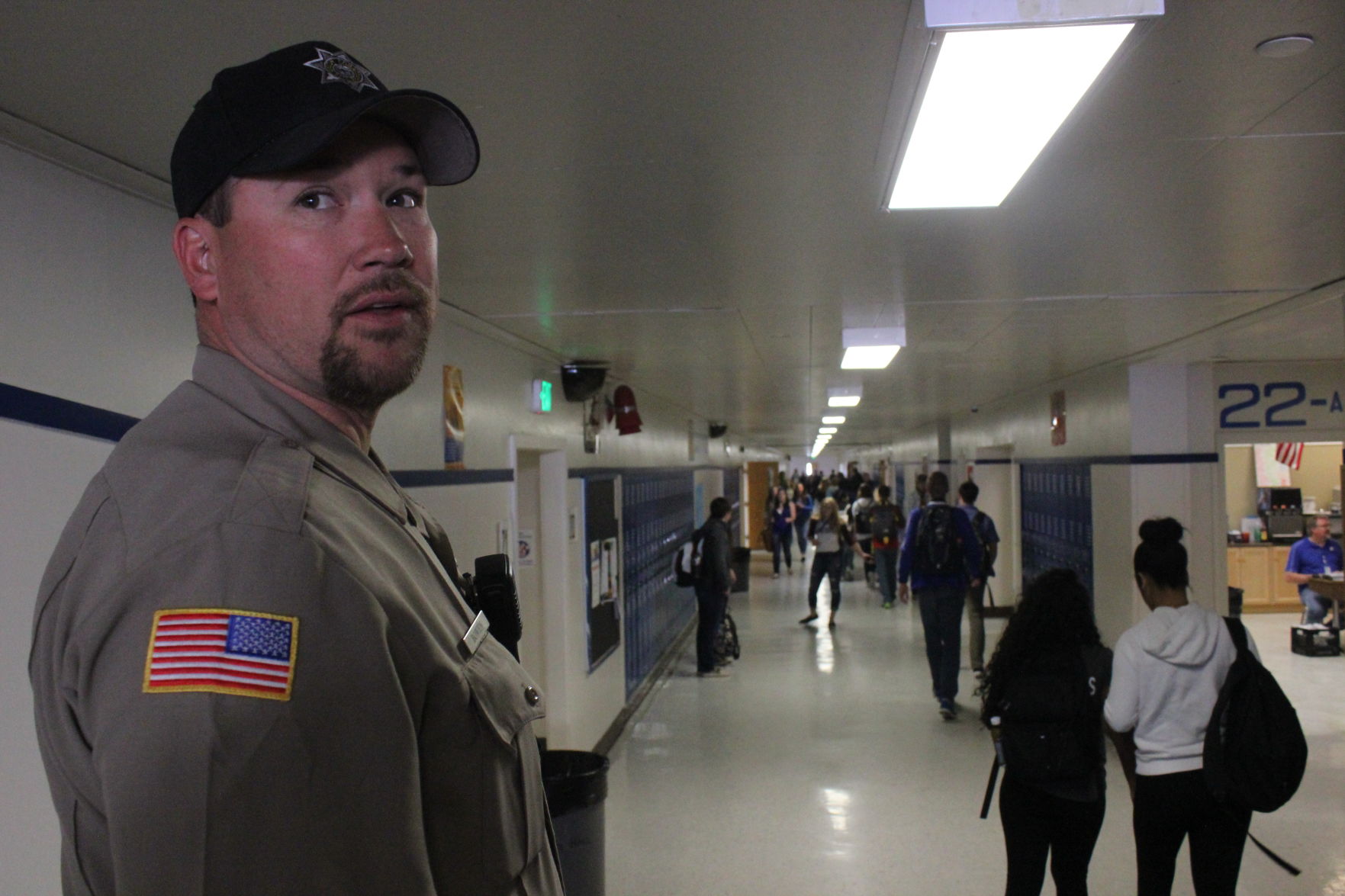From the editor’s desk
Published 8:00 am Saturday, February 25, 2023

- Eric Macey, right, adjusts his camera on Friday, Feb. 17, 2023, before a shooting session for the film "Breakup Season." Later in 2023, La Grande Main Street Downtown was awarded a grant from Union County that will be go toward marketing expenses of the film, which was filmed in La Grande.
We appreciate hearing from The Observer readers. I heard from a couple of readers after we published a couple of stories about a La Grande man dying from a self-inflicted gunshot wound.
Trending
I thought I’d take the time to address the issue.
Reader concerns centered primarily on privacy issues for the individual and the family. All valid points, but The Observer’s stance in this instance perfectly mirrored the La Grande Police Departments.
La Grande Police Chief Gary Bell told reporter Isabella Crowley that the police department does not typically put out press releases when responding to calls for service they reasonably believe to be self-inflicted deaths. Bell said his agency deviated from that policy on Wednesday, Feb. 15, given the public nature of the self-inflicted death on East Penn Street.
Trending
The nature of the death led the department to conclude it was necessary to release the information.
“This specific act occurred in the middle of a public street and the aftermath and investigation drew attention of persons in the neighborhood, passersby and many others in our community,” Bell said at the time. “Unfortunately, this created a situation where the community interest required our providing information to mitigate rumors and falsehoods from getting started and creating unnecessary public alarm.”
That’s exactly where The Observer stood as well. Once LGPD’s initial press release was sent out at shortly after 7 a.m. I, in consultation with Publisher Karrine Brogoitti, made the decision The Observer would cover the event — based on, as Bell said, the public nature of the incident — in as respectful a way as possible.
This type of dilemma is not a new one. For decades newspapers across the nation grappled with the proper path forward when reporting on a suicide. From my earliest days as a journalist, the bar regarding how and when to report on a suicide has been a high one.
Typically, we view a suicide as a tragic but entirely private matter.
While there is an array of issues we will examine carefully and report on, a suicide in a private residence isn’t one of them.
Yet when such an unfortunate incident occurs — as it did Feb. 15 — in the public forum, then the rule we guide ourselves by changes. Then it becomes a matter of public interest and, at the very least, we owe readers an explanation.
That explanation, though must be crafted and disseminated with the utmost care. There must not be even a hint of sensationalism.
The straight facts are presented. Period, end of paragraph. So, for example, if someone decides to take their own life in a busy supermarket, that’s public. If such an incident occurs in a private home, we’ve no business intruding.
Different rules also apply to a public figure.
If a president or a senator takes their own life, that creates a new set of standards guidelines. Generally, we are going to again report the basic facts, nothing more.
Why do these questions matter? Because it is our job to be, as much as we can, a mirror of the community. That means all that is good and all that is bad and stuff in between.
But what I want readers to understand is no decision on such a matter as a suicide is executed without careful, prudent thought. We do not rush to judgment on any potentially controversial news event.
We weigh all of our options and use stated policies — such as the one I outlined above about suicides — as the roots of a decision-making tree.
Andrew Cutler is the interim editor of The Observer.









